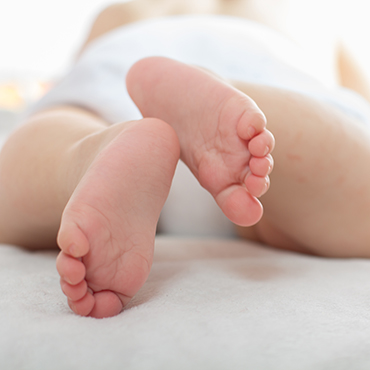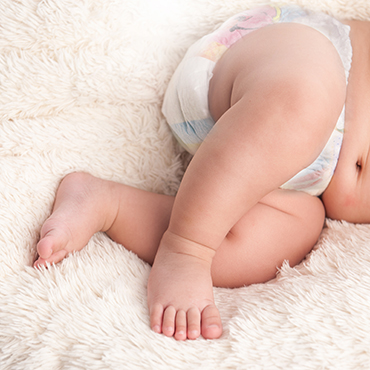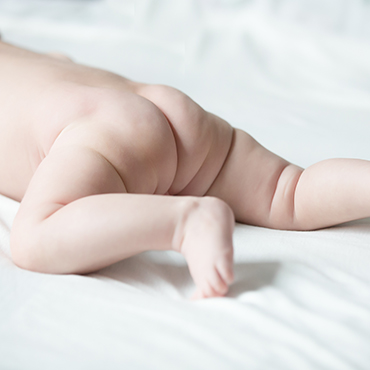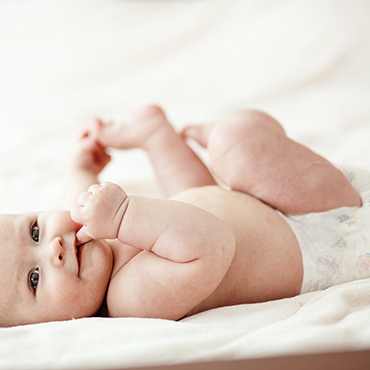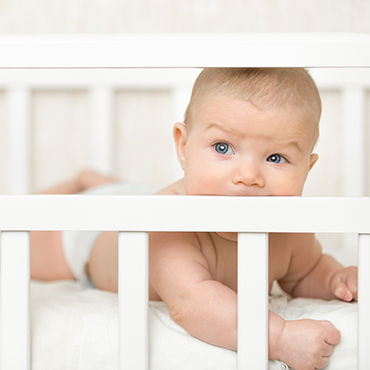There is no guaranteed recipe for success when training your baby to go to the toilet. In addition to the environment and parenting of different families, each child's physical and developmental characteristics are different. From our interview with many parents, many start when the children have to go to school (Maybe start training in the bathroom when the child is 2-3 years old and as the child gets older, the child is left to go to the toilet by themselves and the parents help them clean up) Because it is the age where children have to go out to the outside world without parents to take them to the bathroom, change their diaper, or wash them up when they are at home. A simple observation to determine whether your child is ready to be toilet trained and say goodbye to diapers:
- When the child can communicate
The communication between you and your child is different for each and every home and individual. Communication development of children of the same age may not be the same. Some children speak early; Some children speak late. But that is not a problem. Communication also includes nonverbal communication, such as the transmission of sight, gesture, and tone of voice, or even touch. If the child cannot yet speak out clearly that they need to urinate or defecate, they can still communicate by gestures or symbols, such as pointing their fingers to the direction of the toilet or potty, or a specific symbol that is used by the child and the parents.
- When there is cooperation
Cooperation in this area includes everyone in the family, who must use the same method in order to achieve the same goal. This includes parents and other family members in the household. Everyone should come to an agreement because toilet training must be consistent and should not have any changes. It takes a lot of patience, such as during the first period of not using diapers. There may be a lot of accidents, and family members have to help keep the house and the child clean. When the child signals that they need to urinate or defecate, the adult must react very quickly to get the child to the toilet in time. Therefore, teamwork is very important.
- When the body and the mind is ready
The most difficult part of training a child to use the bathroom is during sleeping hours. The child may “wet the bed” often. This is because the child’s body and mind are not ready. But completely being able to use the toilet is not such as serious issue for this age and parents should not worry and put too much pressure on the child. When the body and mind are ready, the child will be able to do it by themselves. They just need the encouragement and support from everyone in the family.
Tips for saying goodbye to diapers
- Always take the child to the toilet, every 1-2 hours to create a familiarity that if the child needs to urinate or defecate, they must go to the bathroom.
- Find a storybook about using the toilet and read it to the child to build a basis for understanding and a good attitude.
- Start training during the daytime since parents can take care of the child more closely and conveniently. When there is no longer a need to use diapers during the day, this means the child the skills and understanding of the bathroom to a certain extent. Then, the parents can move on to not using diapers at night.
- Weaning off diapers at night or during sleeping hours require a lot of patience because the child may urinate while sleeping out of habit. Parents need to be prepared and patient, and not pressure the child. They should also limit the child’s water intake before bed to reduce the need to urinate.
Source : www.kidshealth.org
Crated At 30/11/2016

















